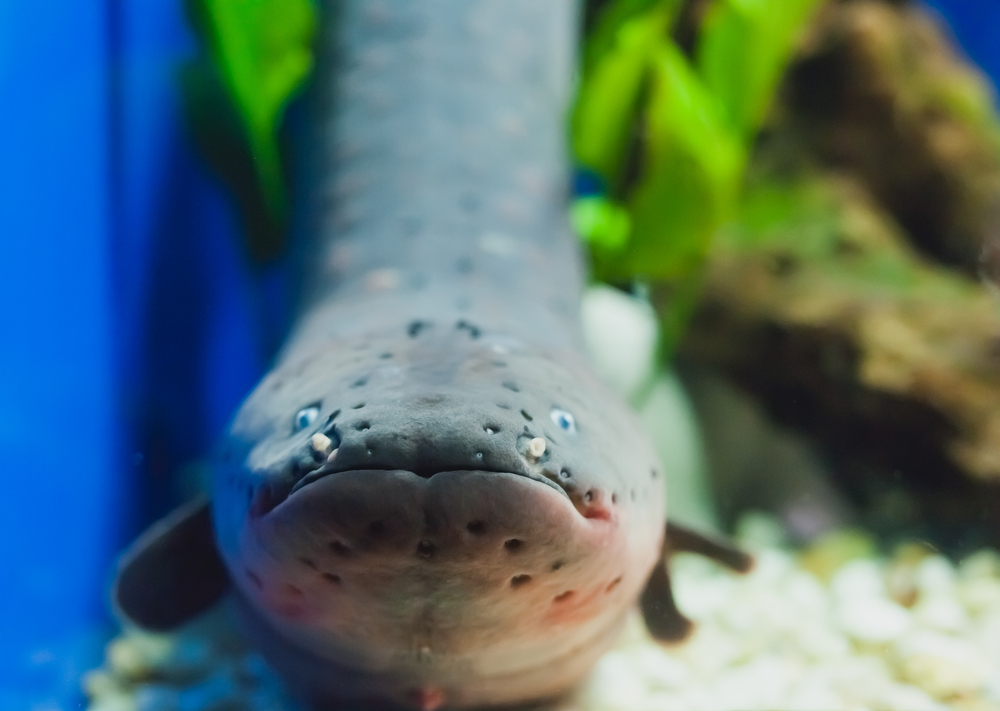
A new study conducted by a biologist at the Vanderbilt University in Tennessee has shown that—contrary to previous thinking—electric eels are not ones to shy away from a fight.
A slow-motion video, involving a mock alligator head dotted with LEDS, has shown that when confronted with a predator, electric eels will take the offence—jumping out of the water to directly zap their pursuers.
Scientist Kenneth Catania believes the study confirms a 209-year-old account by Prussian naturalist and explorer Alexander von Humboldt, whose observations were largely dismissed by scientists because no similar ‘eel-on-the-attack’ behaviour had been observed since his journey to South America in the early 1800s.
The study—published in the Proceedings of the National Academy of Sciences (PNAS) last week—argues that by going at the predator directly the eels delivers a greater shock than it would be able to send through water, as the water would cause the voltage to dissipate.
“This… likely allows electric eels to defend themselves during the Amazonian dry season, when they may be found in small pools and in danger of predation,” Catania writes.
A final mystery remains however: researchers still do not understand how eels manage to avoid electrocuting themselves in the process of such shocking behaviour.
